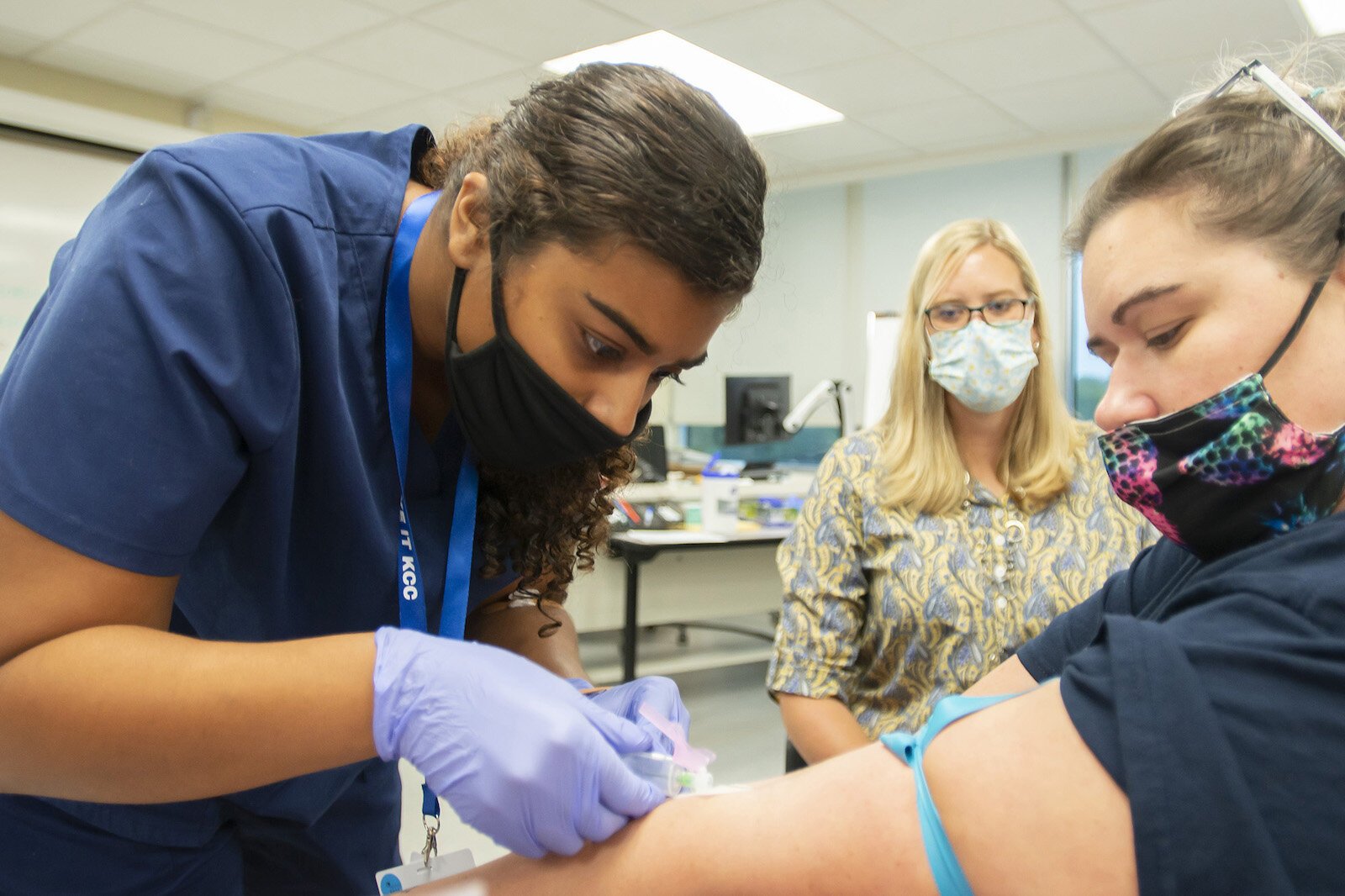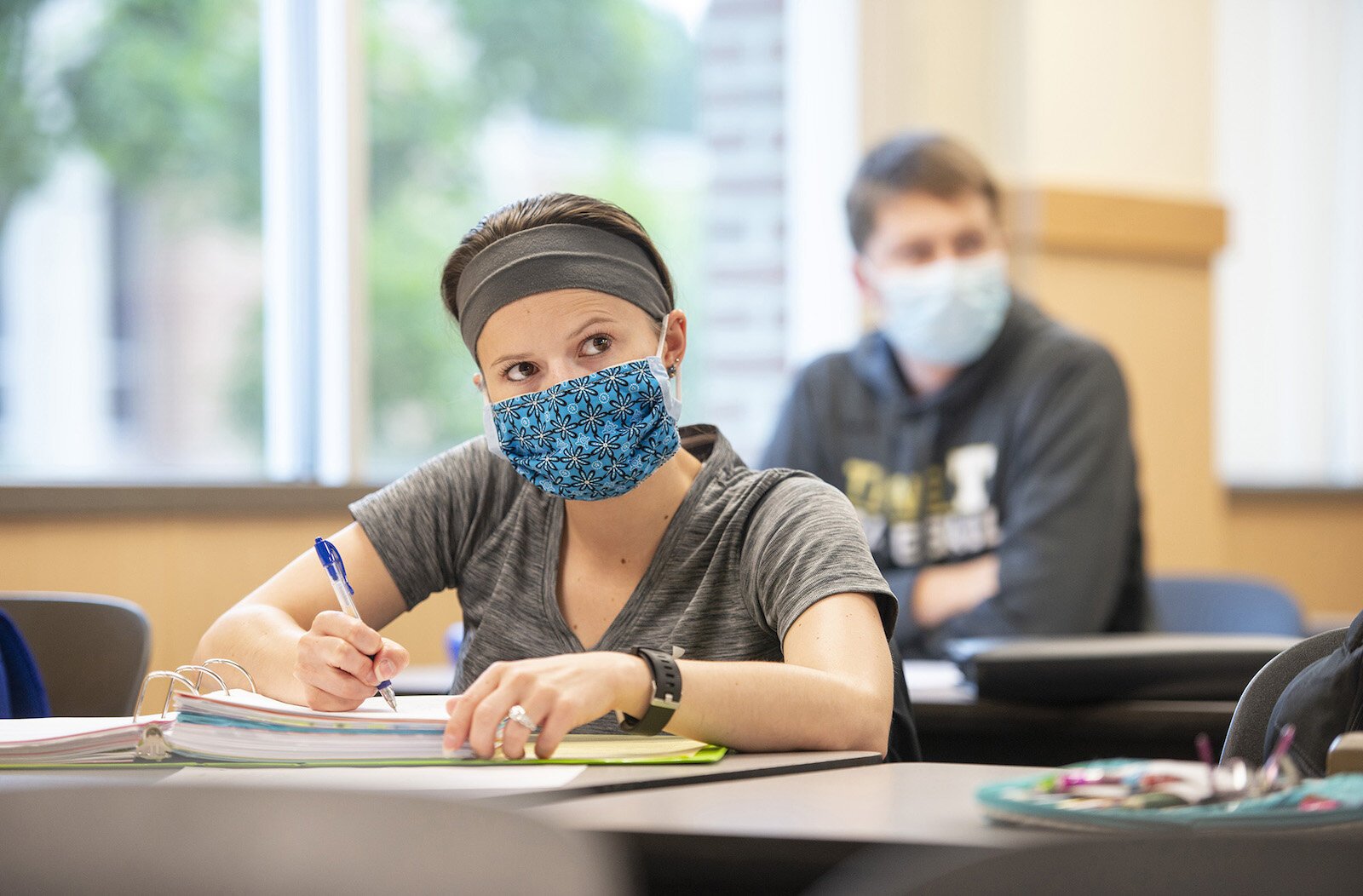KCC will host virtual Adjunct Job Fairs by appointment from 5-7 p.m. on Nov. 11 and again on Nov. 19.
Editor’s note: This story is part of Southwest Michigan Second Wave’s On the Ground Calhoun County series.
In normal times, there would have been at least 12 applicants for an open Adjunct English Instructor position at Kellogg Community College.
But, these aren’t normal times, and there were zero applications received for this particular job, says Tonya Forbes, KCC’s Dean of Arts & Sciences.
This lack of applicants mirrors what Forbes sees in different departments throughout the college as they try to balance higher-than-anticipated retirements and resignations among full-time faculty and a lack of qualified adjunct instructors while at the same time welcoming increasing numbers of students.
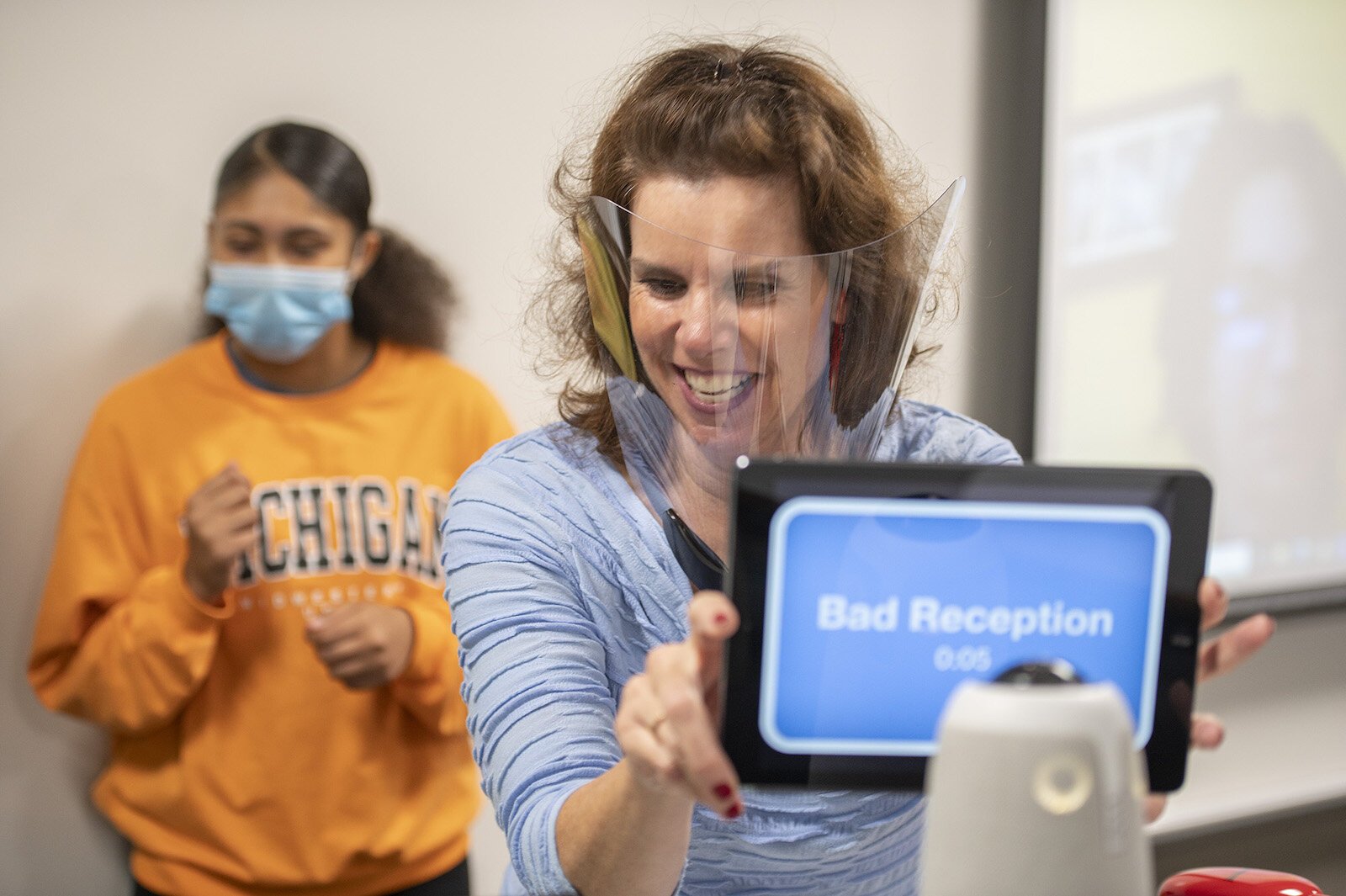
“The retention piece is a little bit newer for us,” Forbes says. “We’ve had a wave of retirements and resignations post-COVID. For KCC in particular, our adjunct pool is a slightly more mature group of people and when COVID hit and we had to quickly shift to an online platform it shifted the burden for a faculty that was already really, really busy. Many of them were not well-versed in using online technologies and were used to face-to-face instruction.”
Despite that previous comfort with face-to-face instruction, there was reticence among full-time and adjunct faculty for some of these instructors to physically go back to in-person teaching in their classrooms, she says.
As part of the college’s work to address these issues, it will host virtual Adjunct Job Fairs by appointment from 5-7 p.m. on Nov. 11 and again on Nov. 19. Qualified individuals interested in teaching college students are asked to schedule a 15-minute Zoom session by calling KCC’s Human Resources Department at 269-565-2074 or emailing here.
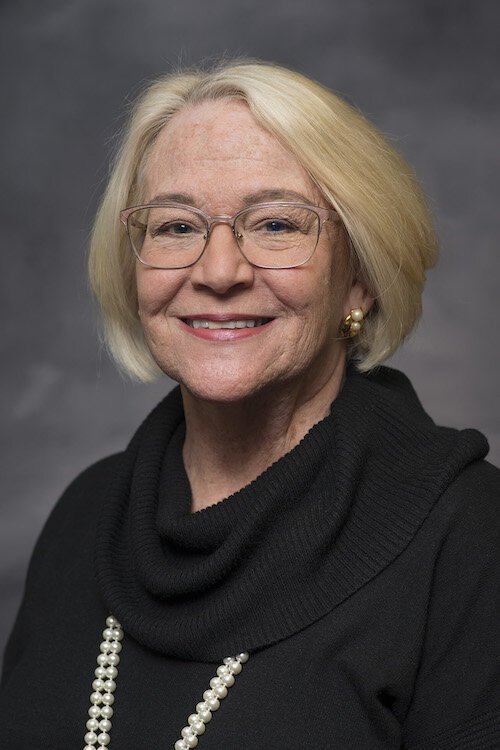
Mike Hansen, president of the Michigan Community College Association, says he is not aware of any colleges doing virtual job fairs similar to those at KCC and says he is not hearing about significant challenges to hiring from the 28 community colleges represented by his organization.
“I have not heard of anything particularly acute or unusual,” Hansen says. “But just because I’m not hearing it, doesn’t mean that it’s not happening. Many businesses and employers are challenged by finding talent right now and I don’t think we’re immune from that. There are people retiring and not coming back to the workforce. Things are just different because we’re now in a tight labor market.”
Anecdotally, Forbes says she thinks “some people have just opted out. There was a week when we had three to five adjunct faculty say they were not going to teach this fall. If we can’t get someone to replace them, we can’t teach our classes. To ask someone to come in at the last minute and teach is a lot.”
Forbes describes KCC’s current pool of adjunct instructors as mature.
“When we have adjunct meetings and you look out at the crowd, they’re not 25-year-olds. There are people out there that have another career and they’re teaching as a second job or retired and adjuncting,” Forbes says. “When something like COVID happens, they think, ‘I don’t really have to do this.’ The online component was a challenge for many of them and a huge ‘ask’ because it takes so much more work and is so much harder to teach online.”
Stopgap measures, securing instructors
Those applying to become adjunct instructors at any of Michigan’s community colleges must have a Master’s degree in the field of study they are interested in teaching or a Master’s with 18 graduate hours in the discipline they are interested in teaching, Forbes says.
“The main thing we’re having difficulty with is finding qualified adjunct faculty to teach in general, but more specifically at our regional centers,” she says.
Those regional centers include the Eastern Academic Center campus in Albion; the Fehsenfeld Center campus in Hastings; the Grahl Center campus in Coldwater; and the North Avenue and Regional Manufacturing Technology Center campuses in Battle Creek. Online (virtual) teaching positions are also available.
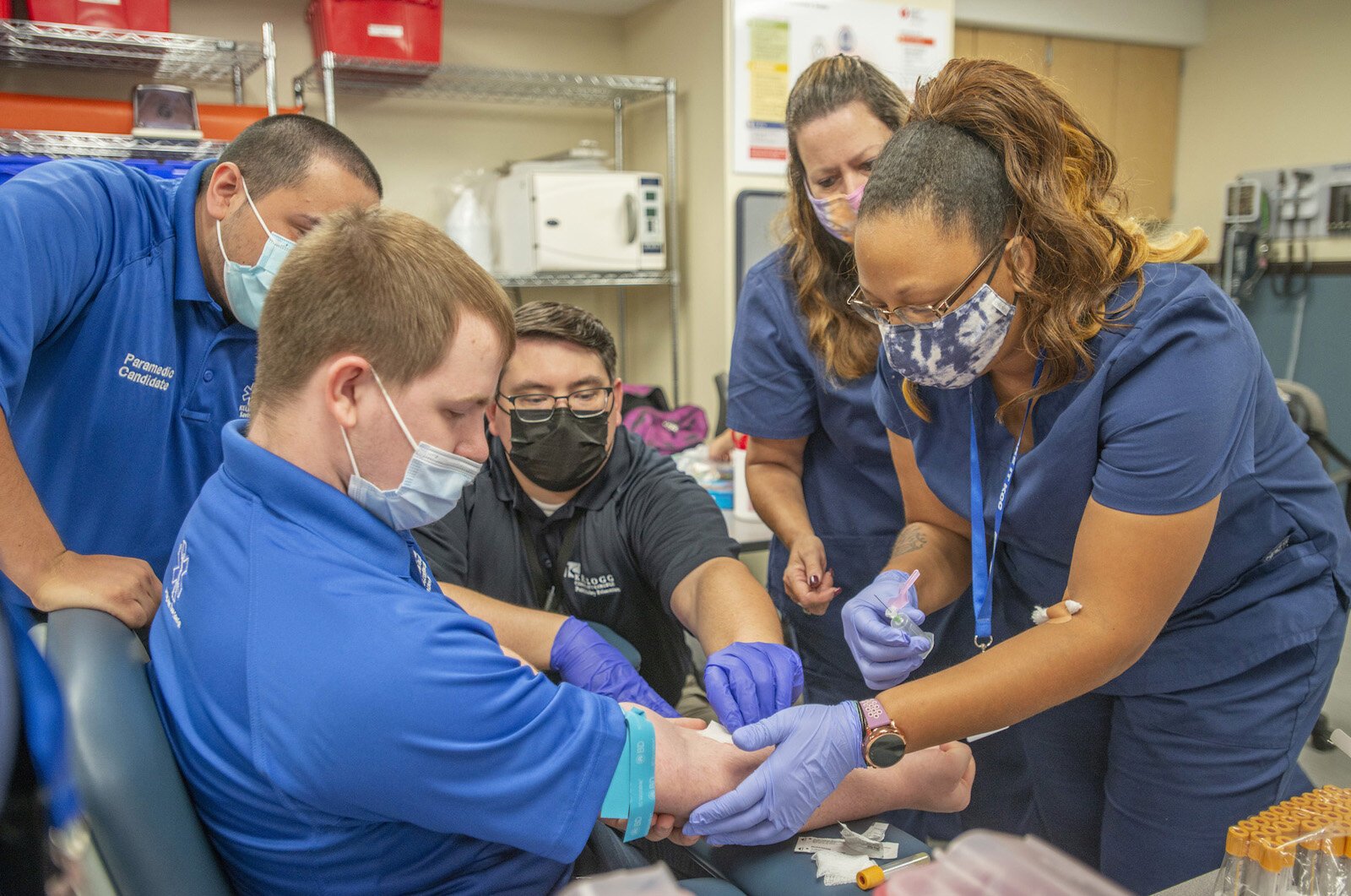
“Having a virtual fair allows us to cast a wider net and allows people who live in outlying areas of our service area to attend,” Forbes says. “Our centers in Albion, Coldwater, and Hastings are areas where it’s difficult to find staff. If we held a job fair in Battle Creek, it doesn’t make sense to have folks come here. We could hire people from out of state but that is not our preference.”
Although applicants are needed for all curriculum areas, KCC’s greatest need is for adjunct instructors in the Arts & Sciences because these courses make up the general core component for every degree and are required, she says.
Dual enrollment classes are among the most difficult to staff during the day at KCC’s regional centers because most adjuncts work their jobs during the day or are teaching at other institutions, Forbes says, adding that the number of hours an adjunct can teach is limited to avoid paying benefits.
“There is a higher demand for instructors in mathematics, biology, and sociology. Psychology is the biggest, so all of our dual-enrolled high school students take that,” Forbes says. “We need adjunct faculty during the day to serve those high school students.”
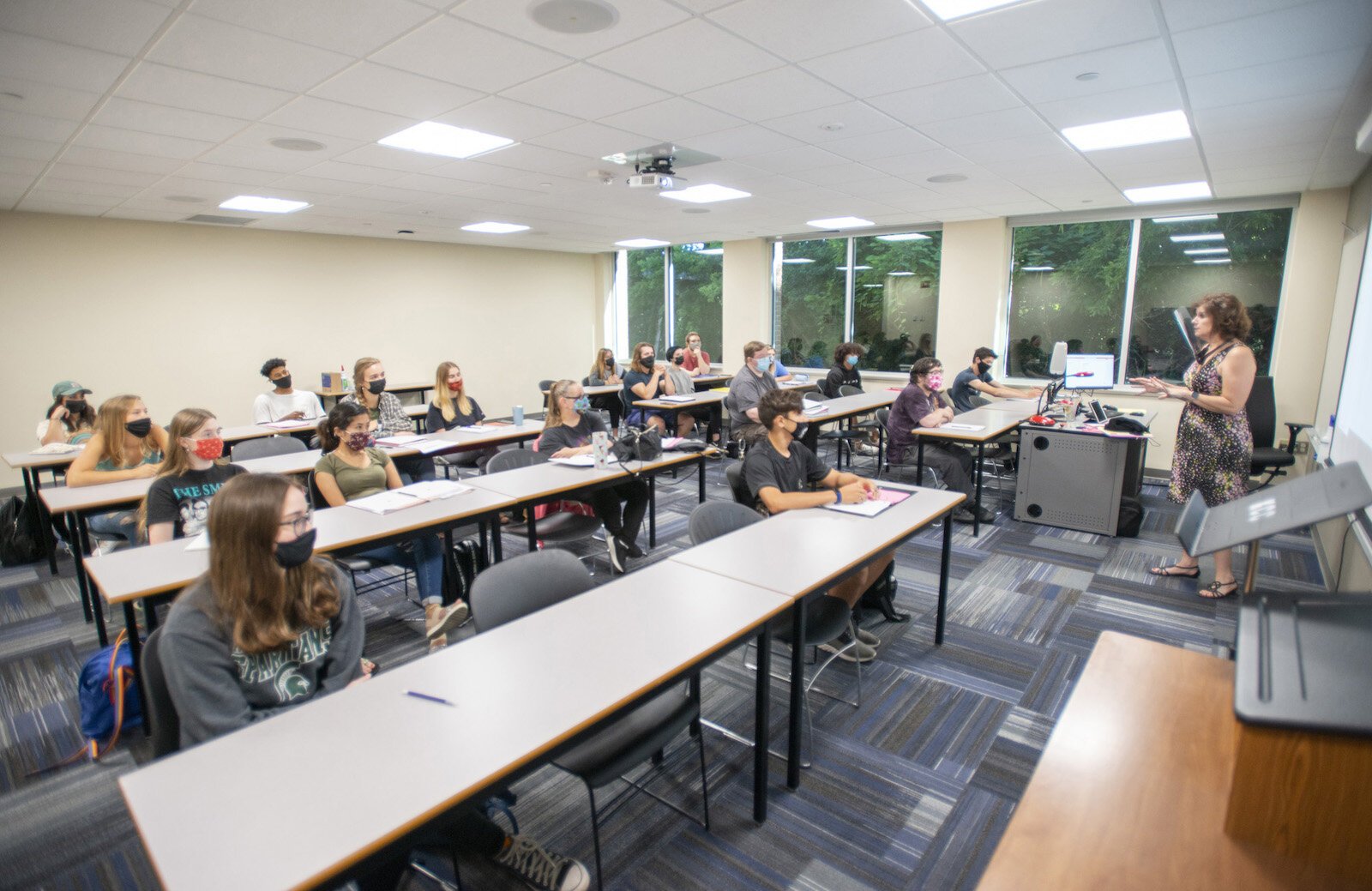
That is easier said than done in a time when prospective employees can often make significantly more money working at an actual job than they would be if they were teaching the skills needed to get that job.
Forbes says adjunct instructors at KCC are paid just under $50 per hour. According to Indeed.com, the average national hourly base age for adjunct instructors is $33.03 per hour.
“There’s no doubt,” Forbes says, “that we are competing against employers who can afford to pay significantly more than we can for this same pool of qualified individuals.”
While some individuals start out as adjuncts as a way to work into a full-time faculty position, there are others who are taking on adjunct positions at multiple colleges – both community and four-year institutions, Hansen says.
As reemployment demands increase, it creates additional challenges, he says.
“On the flip side of this, we’re hearing from people that working in their industry and teaching part-time is really nice for them,” he says.
Forbes says it’s possible that the virtual job fairs will interest someone with a Master’s degree working professionally in a discipline such as English or Chemistry, to consider teaching as an adjunct.
Her biggest concern throughout this wave of retirements and resignations has been balancing increased enrollment with making enough classes available to effectively serve students.
When Spring registration opened at the end of October almost 5,000 students enrolled at KCC for the current Fall 2021 semester which represents a 13% increase over last year’s fall enrollment, according to information provided by KCC. The increased enrollment for the fall includes nearly 600 students enrolled as part of Michigan’s Futures for Frontliners program and 336 enrolled as part of the Michigan Reconnect program. The total number of dual-enrolled students at KCC this fall is 936.
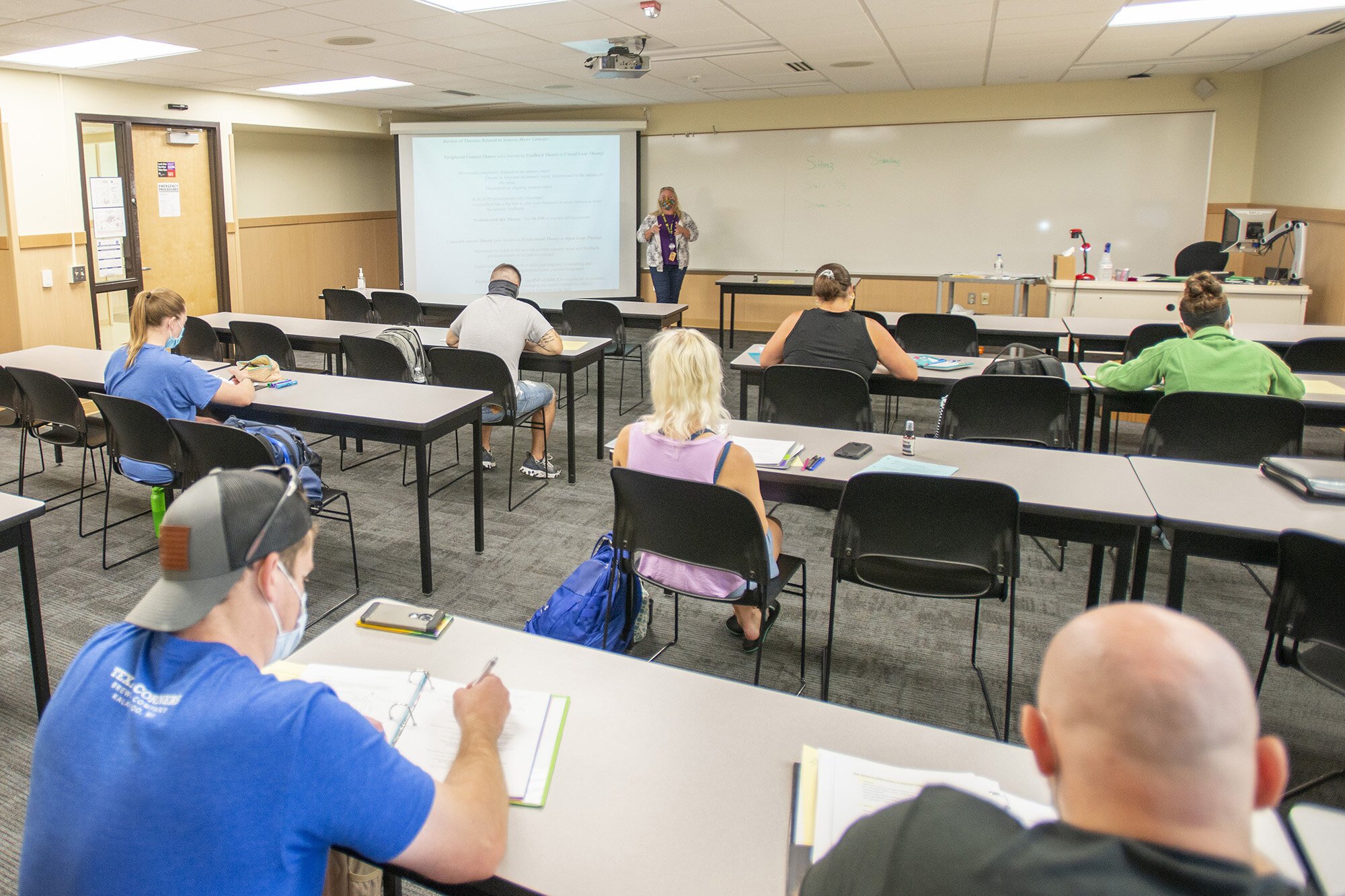
Forbes says they have avoided having to cancel classes by having full-time faculty step in to teach overload classes and shifting instructor schedules around to serve the greatest number of students in a particular regional center.
While classes haven’t been canceled, in-person options for some sections of a subject area have been canceled and shifted to an online format. As an example, Forbes sites an English Composition course that may have 25 sections, some of which may have to be canceled due to a lack of instructors.
“Anytime we cancel a section, that’s 24 seats we’re losing,” she says. “Often, when we can’t staff sections at our regional centers, there’s almost always an online option available because many of our full-time faculty will teach it. Sometimes it’s remote and sometimes we will synchronize a section being taught in one location with another. We’ve tried to get creative about how we are teaching our students.”
Forbes says the online component is not going away because of the flexibility and options it provides to both students and instructors. She says she also isn’t expecting the loss of instructors to go away anytime soon, but for a much different reason.
“There will be more (resignations) to come,” she says. “These are people who have worked here for a long time. Definitely, this COVID virus and the requirements of new technology are factors that have added to the stress of it all. A lot of them are taking care of elderly parents or dependents who need them.”
Despite these challenges, Forbe says, “I think we offer the best value and we need to be able to serve this community.”


